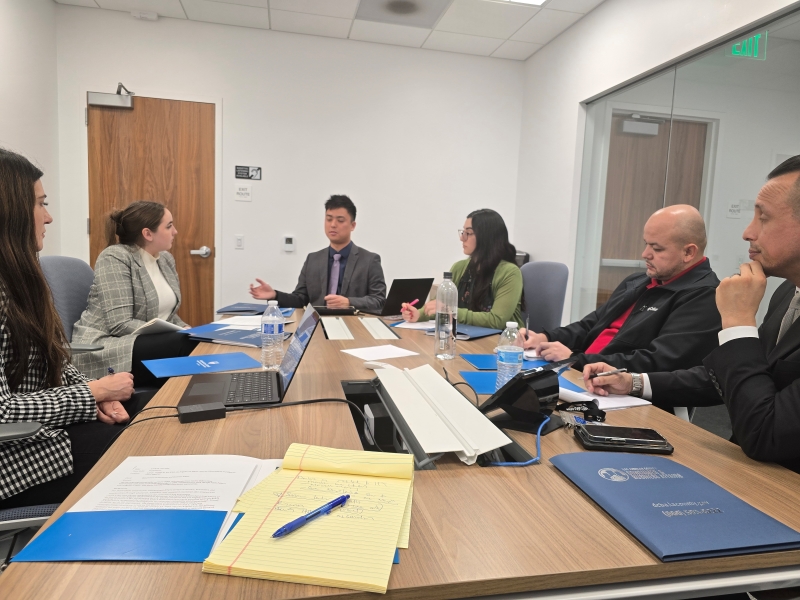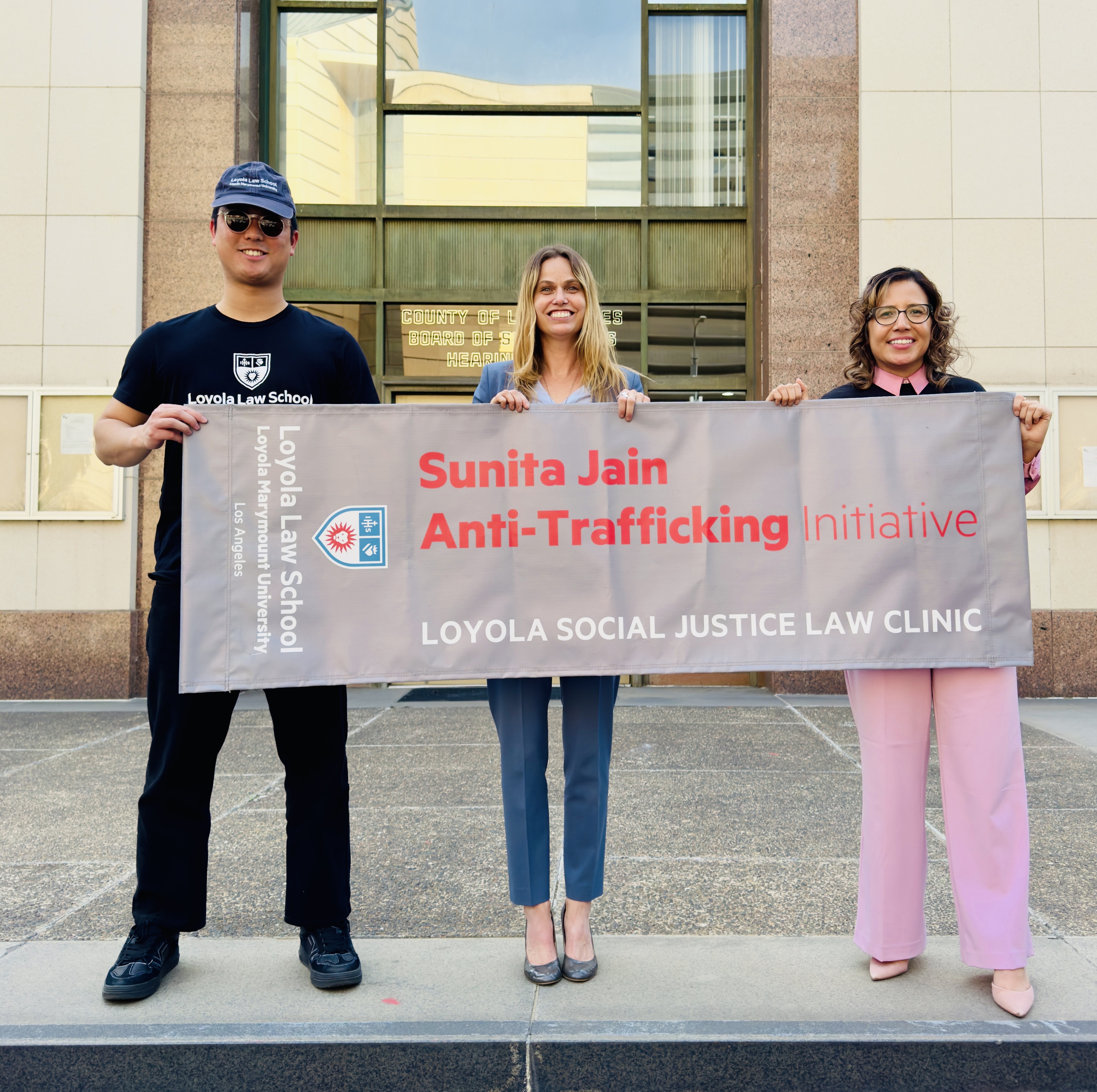ACCESS TO VICTIM SERVICES
CLEARING CRIMINAL RECORDS FOR TRAFFICKING SURVIVORS
How Vacatur Relief Can Help Survivors Reclaim Their Future — PC § 236.14
Many survivors of human trafficking are arrested and convicted for acts they were forced to commit while being exploited. Traffickers often coerce victims into activities such as drug possession, theft, or other offenses as a means of control and survival. This “forced criminality” leaves survivors with criminal records that do not reflect their choices, but rather the violence and exploitation they endured. These arrests and convictions can follow survivors for years, creating barriers to housing, employment, education, and safety long after the trafficking has ended.
To address the harm caused when survivors are criminalized for acts they were compelled to commit, California allows individuals to petition the court to erase convictions tied to their trafficking experience. This legal process—known as vacatur—offers a path toward healing, stability, and the chance to rebuild life without the weight of unjust criminal records.
|
|
What Is Vacatur Relief
Vacatur relief allows survivors of human trafficking to ask a court to erase arrests and convictions that were the direct result of their exploitation. In California, Penal Code § 236.14 provides a legal pathway for survivors to vacate and seal nonviolent offenses committed while they were trafficked.
Why It Exists
This law recognizes that survivors should not be punished for acts they were coerced into committing. It reflects a survivor-centered approach to justice, acknowledging that criminalization often compounds the trauma of trafficking.
Who Qualifies
Survivors must show that the offense was nonviolent and directly caused by their trafficking experience. The court must find, by clear and convincing evidence, that vacatur is in the interest of justice. Survivors who were minors at the time of the offense benefit from a rebuttable presumption of eligibility.
What Vacatur Does
If granted, the conviction is legally invalid. Records are sealed and destroyed, and survivors may lawfully state they were never convicted of the vacated offense.
How to Apply
Survivors will likely need legal counsel to navigate the vacatur process, especially when gathering documentation and preparing court filings. However, here is a simplified overview of the steps:
- Gather documentation showing the offense was a direct result of trafficking.
- File a petition in the court where the conviction occurred.
- Serve the petition on the prosecuting agency.
- Attend a hearing if required.
- Await the court’s decision.
For Attorneys: Resources for Filing 236.14 Petitions
For Assistance:
| Organization | Phone Number |
|---|---|
| CAST LA | 888-KEY-2-FREE (888-539-2373) |
| Survivor Justice Center | 323-980-3500 |
| Legal Aid Foundation of Los Angeles (LAFLA) | 800-399-4529 |
| Freedom Network USA – Survivor Reentry Project | (202) 768-7338 |
FEATURED TRAININGS
Learn How to Support Survivors Through Vacatur Process.
In this video, we break down California Penal Code § 236.14 and explain how it supports survivors who were arrested or convicted due to their trafficking experience. You’ll learn how to identify forced-criminality cases, prepare 236.14 vacatur petitions, and link survivors to state benefits available after identification.
Watch TrainingFOR ATTORNEYS

Join the Movement to Support Trafficking Survivors
If you are an attorney and would like to:
- Join a Working Group focused on implementing and strengthening California Penal Code § 236.14,
- Receive Template Materials to support vacatur petitions under PC § 236.14, or
- Be Listed as a Resource on our website for survivors seeking legal support with vacatur,
ADVOCACY

Request to Judicial Council of California to Implement 236.14 Petitions Statewide
SJI submitted a proposal pursuant to California Rules of Court, rule 10.21, requesting that the Judicial Council adopt statewide forms and rules to implement Penal Code §§236.14 and 236.15 for adult survivors of human trafficking, intimate partner violence, and sexual violence.
Read MoreFOLLOW US
Stay connected by following us on social media, where we share updates on our advocacy, highlight survivor-centered initiatives, and post opportunities to get involved.

